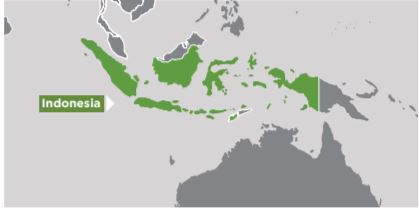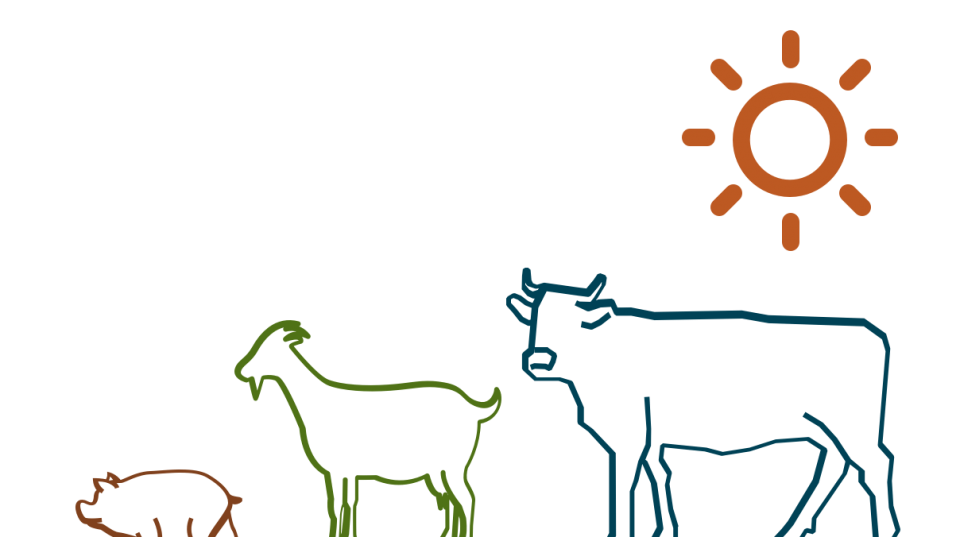Overview
This project, known as CropCow and part of the IndoBeef program, aimed to significantly improve beef production and the livelihoods of smallholders and other beef market chain participants in 5 provinces of Indonesia.
In Nusa Tenggara Barat (NTB) province of Indonesia, previous ACIAR-funded research proved on a pilot scale that cattle numbers, beef production and returns to smallholder producers can be substantially increased by implementing an Integrated Village Management System (IVMS) that consists of early weaning, bull selection, controlled natural mating and better feeding of the weaned calf.
This is a strong body of production-based approaches which can now be refined and adapted for (i) scale out in NTB and (ii) testing to see whether the entire system or individual components of the system can be adapted to completely new regions of Indonesia, with South Kalimantan (KalSel) as the pilot.
In the smallholder systems of NTB the focus of research under CropCow were on (i) novel approaches to adaptation and scale out of proven production practices and (ii) enabling and testing smallholder business models. In KalSel, a province with little exposure to these production-based approaches, CropCow evaluated (i) market potential and (ii) how these production-based approaches can be adapted to a completely different but emerging smallholder cattle sector.
By the end of the project about 2,300 smallholder cattle producers in NTB and KalSel were directly involved in six target districts and 27 regional research sites. In NTB next-user partners, with support of project Field Officers (FOs) and researchers, established 96 additional sites where at least 120 farmers' groups adapted and adopted improved cattle production practices involving at least 8,000 cattle.
Project outcomes
- Improved the competitiveness of existing smallholder beef cattle market chains and explored/developed new markets;
- Increased the weaning and growth rates of cattle by smallholder farmers in mixed crop-cattle systems;
- Identified and evaluated approaches to improve adaptation, adoption and scaling out of proven production-based approaches; and through these,
- Improved the livelihoods of smallholder farmers in mixed crop-livestock systems.




